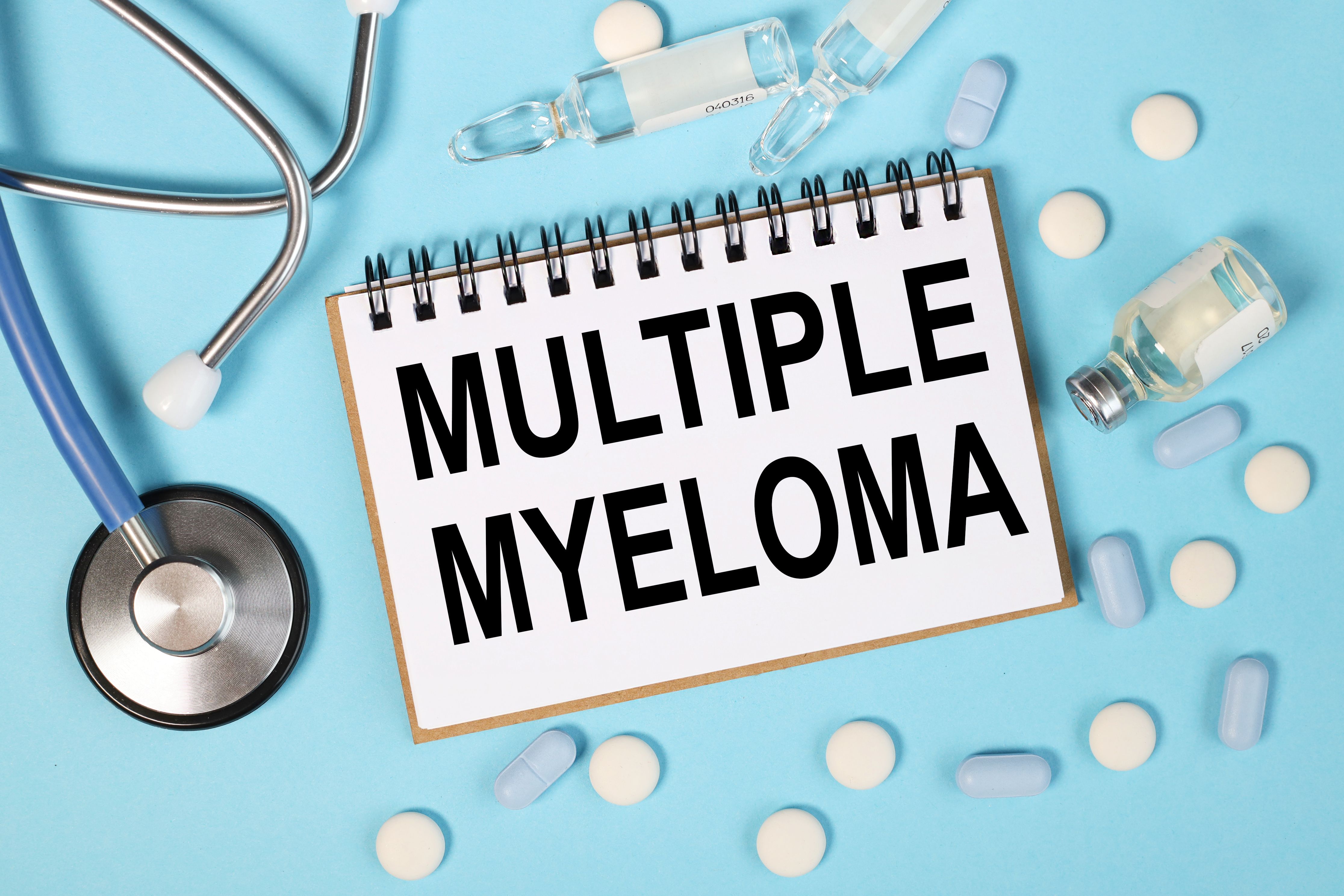FDA Advisory Committee Supports New Surrogate Endpoint To Assess Multiple Myeloma Treatments
This decision may lead to faster approval of new treatments for multiple myeloma.
On April 12, the FDA's Oncologic Drug Advisory Committee (ODAC) made a noteworthy decision regarding the assessment of new treatments for multiple myeloma. In a unanimous vote, the committee supported a new approach for evaluating therapies based on measuring minimal residual disease (MRD) as a surrogate endpoint. This decision may lead to faster approval of new treatments for multiple myeloma.
© stock.adobe.com

Many cancer treatments go through the FDA's accelerated approval program, a fast-track process for new drugs for serious conditions. To be considered for accelerated approval, the new drug must demonstrate a clear benefit over existing therapies based on a surrogate endpoint thought to predict clinical benefit.
Overall response rate (ORR) has been the traditional endpoint for evaluating treatments for multiple myeloma. The National Cancer Institute defines ORR as “the percentage of people in a study or treatment group who have a partial response or complete response to the treatment within a certain period of time. A partial response is a decrease in the size of a tumor or in the amount of cancer in the body, and a complete response is the disappearance of all signs of cancer in the body.”
However, ORR has limitations as a measurement. Showing that a new drug is better than current therapies in clinical trials has become harder due to increasing numbers of patients meeting the ORR endpoint. Researchers often need to wait many years to capture the necessary survival data to demonstrate a significant benefit.
The new focus on minimal residual disease (MRD) as an endpoint could provide a more accurate approach to measuring treatment efficacy. The National Cancer Institute defines MRD as “a term used to describe a very small number of cancer cells that remain in the body during or after treatment. MRD can be found only by highly sensitive laboratory methods that are able to find one cancer cell among one million normal cells.”
The research supporting this new endpoint was led by C. Ola Landgren, M.D., Ph.D., director of the Sylvester Myeloma Research Institute in Miami. The research, known as the EVIDENCE meta-analysis, was presented by Landgren at the recent advisory committee meeting. The meta-analysis included more than 1,600 studies involving over 8,000 patients with multiple myeloma. The extensive data supports MRD negativity as correlating with positive clinical outcomes, including overall survival and progression-free survival.
ODAC’s vote “for MRD as an early endpoint for accelerated approval of new multiple myeloma drugs is fantastic news for patients diagnosed with multiple myeloma,” Landgren states in a press release. “With MRD as a new endpoint, it will give patients access to new therapies much faster! This is exactly what patients need and want.”
Duvelisib Shows Promise in Treating Relapsed/Refractory CLL/SLL: Insights from the DUO Trial
June 17th 2024The recent DUO trial, a global Phase III study, compared the efficacy and safety of duvelisib, an oral PI3K inhibitor, with ofatumumab, an anti-CD20 antibody, in patients with relapsed or refractory chronic lymphocytic leukemia (CLL) or small lymphocytic lymphoma (SLL) who had previously undergone at least one therapy.
Read More
The Role of Pharmacogenomics in Reducing Racial Disparities in Pediatric AML Treatment Outcomes
May 20th 2024A new study in JAMA Network Open suggests that disparities in outcomes between Black and White children with acute myeloid leukemia may be due to differences in pharmacogenomics, which is how genes affect drug responses.
Read More